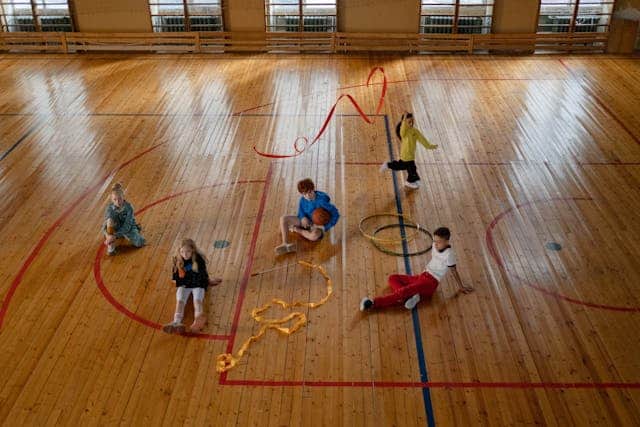
Physical activity, screen time and the incidence of neck and shoulder pain in school-aged children
July 6, 2022
Sedentary Behaviors Can Enhance or Compromise Psychological Health: How to Tell the Difference
July 27, 2022Thank you to Dr. Richard Mayne (School of Medicine, Dentistry and Biomedical Sciences, Queen’s University Belfast, Belfast, UK) for sharing his paper titled “GPs’ perspectives regarding their sedentary behaviour and physical activity: a qualitative interview study,” which was recently published in BJGP Open. The full publication is available here. The summary of the paper and citation details are re-posted below.
ABSTRACT
Background General practice is a highly sedentary occupation, with many GPs spending more than 10.5 hours sitting each workday. This excessive sedentary behaviour and lack of physical activity (PA) is potentially detrimental to the health of GPs, as well as their ability to counsel patients regarding sedentary behaviour and PA. There is a lack of prior research examining the perspectives of GPs regarding their sedentary behaviour and PA.
Aim To explore GPs’ perspectives regarding their sedentary behaviour and PA.
Design & setting A qualitative interview study of GPs in Northern Ireland.
Method Semi-structured interviews were conducted with a purposive sample of 13 GPs who had previously taken part in a study to objectively measure their levels of sedentary behaviour and PA. Interview transcripts were analysed using deductive thematic analysis. The Theoretical Domains Framework (TDF) was used to facilitate identification of barriers and enablers affecting the ability of GPs to increase their PA.
Results Key themes were categorised within six theoretical domains (environmental context and resources, social professional role and identity, goals, social influences, knowledge, and intentions) with sub-themes within each domain.
Conclusion Most GPs are unhappy with their current levels of sedentary behaviour and PA, and are concerned with how this is affecting their health. Numerous barriers and facilitators were identified affecting the ability of GPs to increase their PA, including working environment, and personal and professional responsibilities, among others. Addressing these could improve the health of GPs and their ability to counsel patients regarding sedentary behaviour and PA.
CITATION
Mayne RS, Hart ND, Tully MA, Wilson JJ, Heron N. GPs’ perspectives regarding their sedentary behaviour and physical activity: a qualitative interview study. BJGP Open. 2022;BJGPO.2022.0008. doi:10.3399/BJGPO.2022.0008




